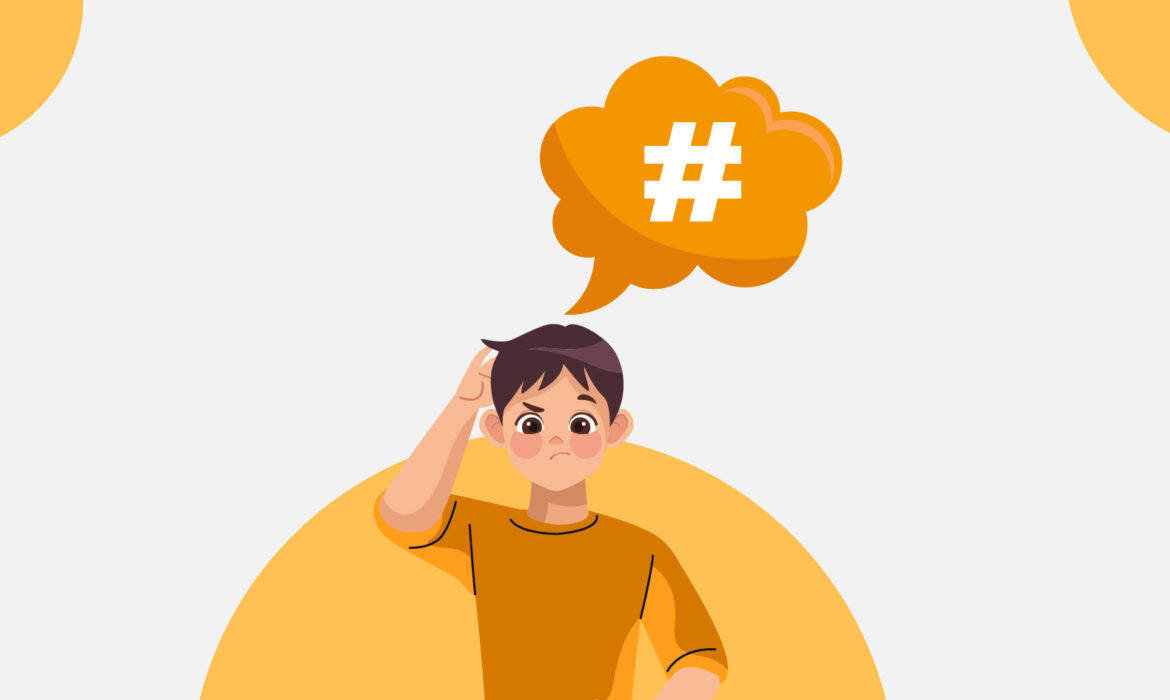
Introduction
Hashtags are essential for expanding reach and driving engagement on social media. But many marketers make the mistake of repurposing the exact same hashtags across platforms like Instagram, Twitter, and Facebook. While reusing some popular branded tags makes sense, relying too heavily on identical hashtag sets on different channels can hinder performance and growth. In this post, we’ll look at why using identical hashtags across every platform often backfires and how optimizing hashtags for each network’s algorithm and audience can unlock better results.
One Size Doesn’t Fit All
Each social media marketing platform has its own distinct user base, algorithm, and style of content that performs best. What engages on Twitter may not resonate in the same way on Instagram. So using a single recycled list of hashtags fails to maximize reach on different networks.
For example, long hashtags like #SocialMediaMarketingTips may be fine on Twitter but exceed Instagram’s 30-character limit. Instagram favors more visual hashtags like #SocialMediaTips that users actively follow. Twitter moves faster, making trending news hashtags more important there.
Platform-specific data also reveals differences in the types of social media hashtags that tend to perform best. An analysis by RiteTag found that single-word hashtags like #food or #travel dominate Instagram, while Twitter users interact more with longer, niche tags in the technology and politics spaces.
To connect with each platform’s unique community and gain more relevant exposure, brands need to customize hashtags.
[How to Create Engaging Content for Social Media Marketing Success]
Optimizing for Each Platform
Here are some best practices for optimizing hashtags for each popular platform:
Twitter – Include newsjacking and current event hashtags along with your niche branded tags. Follow trending topics in your industry. Use relevant microcommunities like #foodie.
Instagram – Visual branded and descriptive hashtags work best here, especially one-word tags. Regularly refresh challenge/trending tags tied to your brand identity like #TastyTuesdayRecipes.
Facebook – Mix brand hashtags with engagement drivers around sharing memories, photos, and family connections. #Tbt and #FamilyFavorites are examples.
Pinterest – Highly visual tags around hobbies, activities, and aesthetics perform best. Think #travel, #healthyliving, #interiordesign. Group boards by interest.
TikTok – Leverage viral video challenges and dance trends. Make branded hashtags the soundtrack/hook. #DanceLike challenge.
A/B Testing and Analytics
How do you know which social media hashtags work best for each of your audiences? Extensive A/B testing and performance tracking.
Run side-by-side hashtag campaigns on each platform using platform-specific tags vs. the same generic tags everywhere. Compare engagement metrics and conversion rates. Poll social media followers on different networks to crowdsource hashtag ideas aligned to their interests.
Social media analytics tools like Keyhole and Sprout Social provide data on hashtag performance. Evaluate metrics like reach, engagement rate, clicks, conversions, and sentiment response for your branded tags.

Let real data dictate which tags resonate most with each of your communities. Continually optimize hashtags to align with interests that are unique to each platform.
Conclusion
In closing, adopting a one hashtag-fits-all approach will water down your impact and visibility. The keywords and topics that drive customer engagement strategies on Instagram may differ from the hashtags that trend on Twitter. Research both platform-specific data and your own analytics to identify the optimal mix for each.
Avoid limiting reach by repurposing the same hashtags across every platform or the exact same hashtags everywhere. Customizing hashtags based on the interest-based communities found on each platform will lead to better exposure and connection. With regular A/B testing and data analysis, you can unlock each network’s full potential.
For businesses struggling to optimize hashtags, partnering with a digital marketing agency like Clickseek can help develop data-driven platform-specific strategies tailored to your brand. Expertise in hashtag research, testing, and analytics ensures you stand out and engage audiences on each social platform. Don’t let mismatched hashtags kill your reach – contact us today for hashtag optimization assistance.


